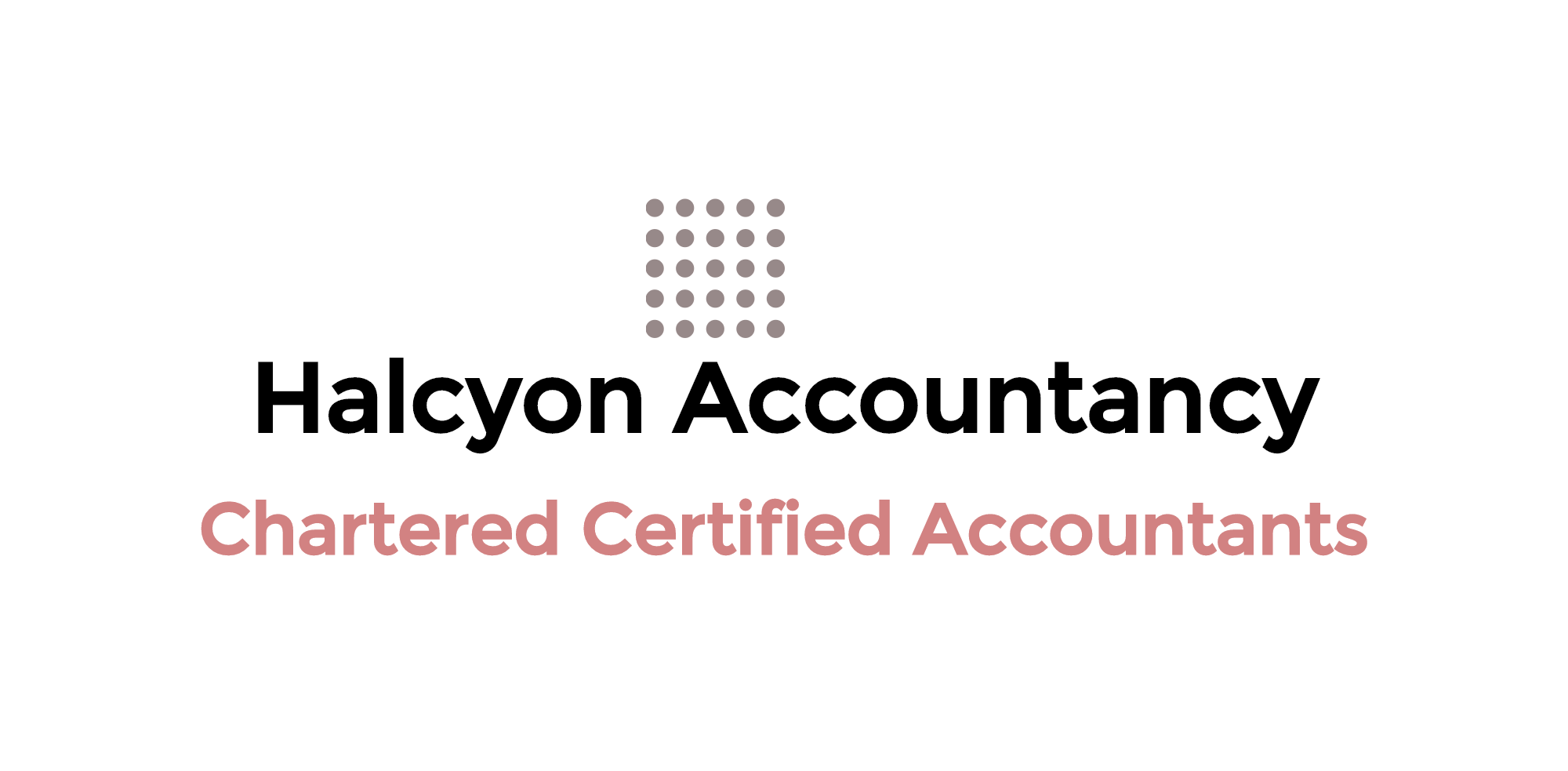New regime for declaring capital gains on property
Capital gains tax is payable on most assets that have increased in value between the date you purchased the asset and the date you sold the asset - a tax on the profit you made on the asset.
When it comes to property, in most cases no capital gains tax would be payable on a sale of a main or only home. This is due to Principal Private Property Relief (PPPR) being available which gives 100% exemption on the sale. Therefore, sale of property that is not a main or only home will come into capital gains charge to be declared to HMRC (even if no gain made).
For sales of property that exchanged before 6 April 2020, capital gains are to be reported on a self assessment tax return relating to the tax year in which the property was sold.
For sales of property that exchanged on and after 6 April 2020, a new reporting and payment system applies:
You are required to calculate the capital gain/loss according to capital gains tax laws as normal.
You must report and pay the capital gains tax due within 30 days of selling the property.
Reports are to be made using the real-time Capital Gains Tax service.
You will need a government gateway account to use the real-time Capital Gains Tax service.
Interest and penalties may apply if reports are not made within the time limit.
If you need to change your report, you will have up to 10 days to do so.
HMRC will send you a payment reference and details of how to pay after you have reported the gain. Please do not pay until the reference has been received or the payment may be misallocated.
The capital gain will also still need to be reported in a self assessment tax return.
Factors to note
There are many elements affecting capital gains calculations;
where a taxpayer is resident
where in the world the property is situated
the number of owners of the property
whether the property has ever been let
if the property was sold to someone ‘connected’
whether any capital gains tax reliefs are available
whether the property is held by a trust
If any losses brought forward are available
Also it is to be noted that the capital gains rate of tax is dependent on an individual taxpayer’s other income. If you are a basic rate taxpayer and the gain falls in the basic rate band, the gain will be taxable at 18%, if you are a higher rate tax payer the gain will be taxable at 28%, if your capital gain straddles the basic and higher rate band, a mix of 18% and 28% will apply.
Companies pay corporation tax on their capital gains and therefore are taxed at the corporation tax rate of 19%.
